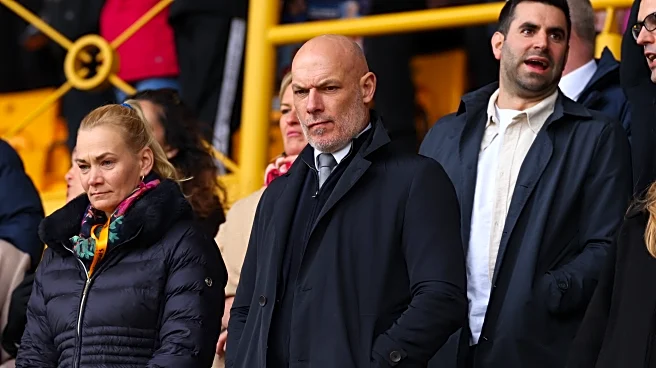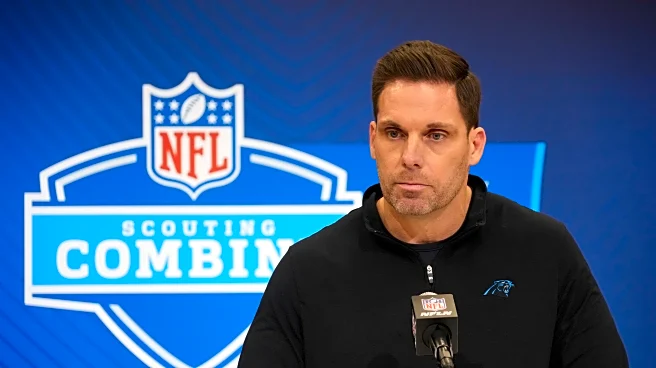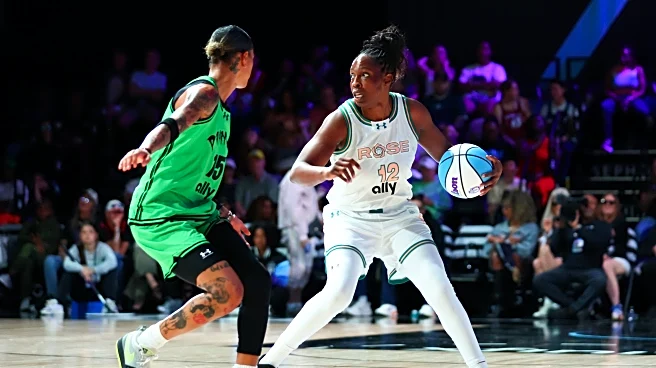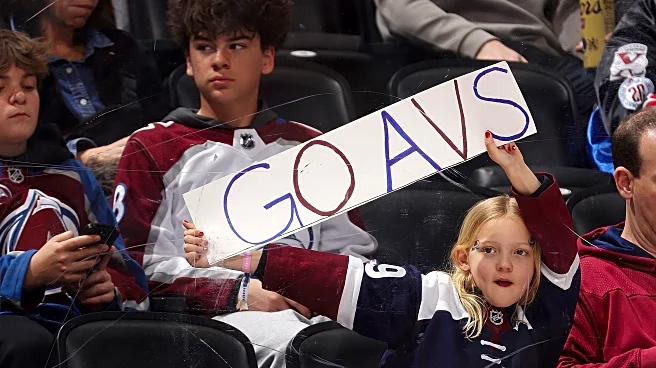In news that is a lot less dramatic than it sounds on its face, POGMOL chief refereeing officer has stated that it is “not unreasonable” to rule out the Virgil Van Dijk header due to offside interference by Andy Robertson.
The conversation between referees and then the VAR team went as follows:
Assistant referee: Robertson’s in line of vision, right in front of the keeper. He’s ducked under the ball. He’s very, very close to him. I think he’s line of vision. I think he’s (Donnarumma) been impacted,
mate.
Referee: Ok so offside then.
Assistant referee: I think offside.
Referee: On-field decision is offside.
VAR: Checking the on-field decision of offside against Andy Robertson. Delay, delay.
So you’ve got clear offside position.
AVAR: I agree with the on-field decision. I think it’s offside. It’s a clear, obvious action which clearly impacts on the goalkeeper.
VAR: Chris, it’s Michael. Confirming the on-field decision of offside against Andy Robertson. He is in an offside position, very close to the goalkeeper and makes an obvious movement directly in front of him. Check complete, offside.
What’s important here is that VAR is checking whether the on-field decision is a “clear and obvious” error. In this case, Liverpool will argue that while Andy Robertson did have to move out of the way of the ball, his positioning — which was not between the goalkeeper and the ball being played — would not have impeded Gianluigi Donnarumma’s ability to react to and play the ball. Indeed, it did look like Donnarumma’s dive was completely unaffected by Robertson’s positioning.
It is, however, a subjective call that was made by the on-field officials and then was checked by VAR, who felt the officials’ description of the situation was correct enough to not rise to a clear and obvious error.
Speaking on this, Webb clarified that only the goalkeeper can know for sure:
“The officials have to make a judgement, did that clear action impact on the goalkeeper and his ability to save the ball? That’s where the subjectivity comes into play.
“They looked at that action so close to the goalkeeper and formed that opinion.
“I know that’s not a view held by everybody but it’s not unreasonable to understand why [the officials] would form that conclusion when the player is so close to the goalkeeper, the ball is coming right towards him and he has to duck to get out of the way.
“They form the conclusion that it impacts Donnarumma’s ability to dive towards the ball and make the save.
“Once they’ve made that on-field decision, the job of the VAR is to look at that and decide was the outcome clearly and obviously wrong.
“Only Donnarumma truly knows if he was impacted by this and we have to look at the factual evidence.”
Arne Slot compared the decision to one that went Manchester City’s way when John Stones headed the ball past Wolves late, and the goal counted despite Bernardo Silva moving out of the way in an offside position. Speaking on the comparison, Webb refused its logic:
“There’s a clear difference here in that the ball goes directly over Sa’s head and doesn’t go over the head of Silva. He is in an offside position, importantly he moves away from the flight of the ball.
“It’s difficult to see this and think in any way Sa is impacted by the action of Silva. If the ball had gone over Silva’s head, maybe causing Sa to hesitate in case it hits Silva then we’d come out with the same outcome of disallowed goal.”
For my part, I would argue with Webb that Robertson moved away from the flight of the ball which itself was going directly past Donnarumma’s dive — so, like the City effort, it was perhaps unsaveable by the goalkeeper regardless of who was positioned where.
The point Webb is making, unfortunately, is a true one: VAR is not in place to compare all similar cases to each other to maintain consistency across all games (as much as most of us wish it did do that). Instead, VAR is intended to review the logics of a given play in relation to an on-field decision and determine if the on-field decision was made with sound logic. This case is subjective, but VAR found the logic sound. (It’s worth noting for the VAR rages out there that this was ruled out on the pitch, so not having VAR would only have saved us time, not led to a different outcome).
I think the goal probably should have stood, but get why the officials came to the decision that they did. Andy Robertson should have been more alert and got back onside. Liverpool can’t control officials making calls that benefit them, but the Reds can control aspects wherein the officials are given no call to make.
Liverpool probably didn’t deserve a win on the back of their performance against Manchester City as a whole, though things might have been different had the match gone 1-1.
In the end, this was a match where all small margins went against Liverpool (bar, of course, a penalty save): Liverpool held City to very few chances, but they were extremely clinical in their finishing; Liverpool missed all of their chances, and were similarly held; though the press was imperfect and energy levels were lower than you’d want, it did also feel like the bounce of the ball rarely went Liverpool’s way. It was one of them.
What Webb’s comments suggest is that we’re unlikely to see anything out of POGMOL reviewing the incident, which is probably to be expected — only the clear-cut decisions tend to get apologies, and apologies don’t tend to do anything, anyway.
It’s a shame Liverpool failed to build on the springboard of good performances against Aston Villa and Real Madrid, but dwelling on a marginal decision sadly won’t change that. Luckily we don’t have a break to stew on it.















